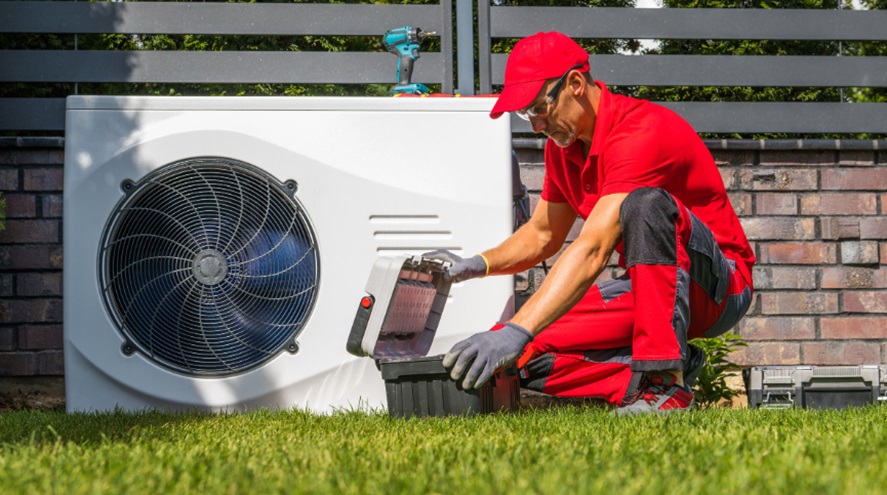
When it comes to keeping your home comfortable, choosing the right heating system is essential. Whether you opt for a heat pump in Chattanooga or a traditional heating system, understanding the differences can help you make an informed decision. Each option has unique advantages, depending on factors like climate, budget, and energy efficiency needs.
How Do Heat Pumps Work?
Heat pumps are versatile systems that provide both heating and cooling. They work by transferring heat from one place to another, making them highly efficient. In winter, they draw heat from the outside air (even in cold temperatures) and transfer it indoors. In summer, they reverse the process, acting as an air conditioner.
If you’re curious about the specific benefits of heat pumps, check out this detailed guide on heat pumps and their benefits.
What Are Traditional Heating Systems?
Traditional heating systems typically include furnaces or boilers that burn fuel, such as natural gas, oil, or propane, to generate heat. These systems distribute warmth through ductwork (for furnaces) or radiators (for boilers). While reliable, they may not always be the most energy-efficient option, especially in milder climates.
Comparing Efficiency
Heat Pumps
One of the most significant advantages of heat pumps is their energy efficiency. Since they transfer heat rather than generate it, they consume less energy than traditional systems. This makes them an excellent choice for reducing utility bills and minimizing environmental impact.
Traditional Heating Systems
While traditional systems can be highly effective in extremely cold climates, they often consume more energy due to their reliance on fuel combustion. This can lead to higher operational costs over time.
Installation and Upfront Costs
Heat Pumps
The installation cost of a heat pump can be higher than traditional systems, but many homeowners view this as a worthwhile investment due to long-term energy savings. Additionally, modern heat pumps often qualify for energy rebates and incentives.
Traditional Heating Systems
Traditional systems usually have a lower upfront cost, making them appealing to budget-conscious buyers. However, these systems may require more frequent maintenance and incur higher fuel costs over time.
Climate Considerations
Heat pumps are particularly well-suited for regions with moderate winters, like Chattanooga. They may struggle in extreme cold unless paired with a supplemental heating source. On the other hand, traditional systems excel in regions with harsh winters but might be overkill in milder climates.
Which Is Right for You?
Your choice between a heat pump and a traditional heating system ultimately depends on your specific needs. If you prioritize energy efficiency and live in a milder climate, a heat pump is likely the better option. For those in colder climates or with existing ductwork, a traditional system may be the way to go.
For homeowners in the area, exploring heat pump services could be a great first step. Professionals can help assess your home’s heating and cooling needs, ensuring you make the best decision.
Also read: Choosing the Best Heat Pump for Cold Climates: What You Need to Know.
Conclusion
Both heat pumps and traditional heating systems have their strengths and weaknesses. By weighing factors like energy efficiency, climate suitability, and budget, you can select the system that best meets your needs. Whether upgrading your current setup or installing a new system, informed decisions will ensure your home stays comfortable year-round.

Comments are closed.